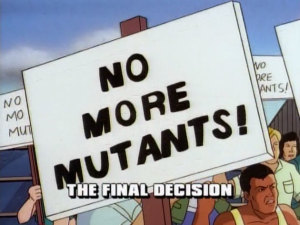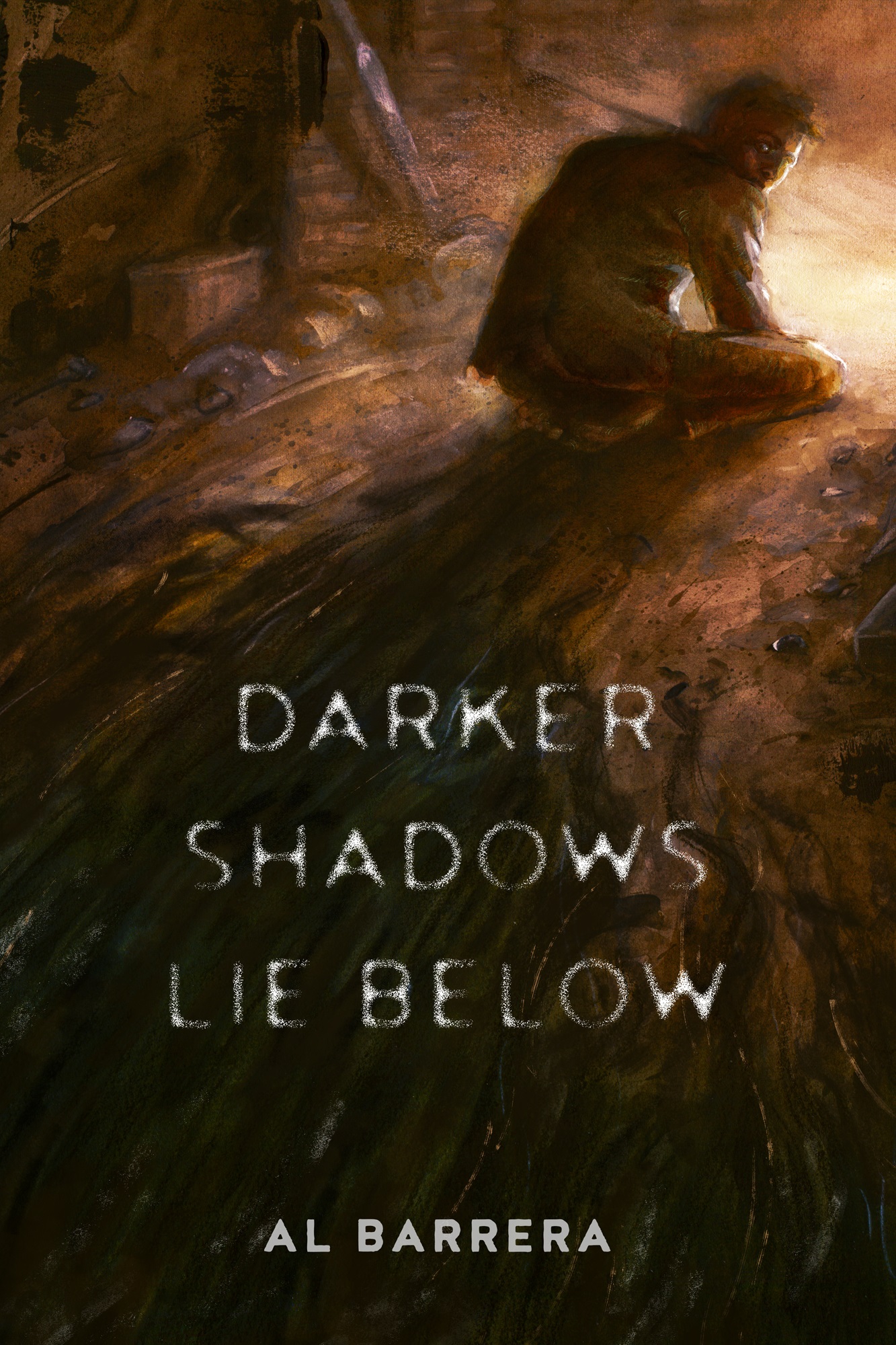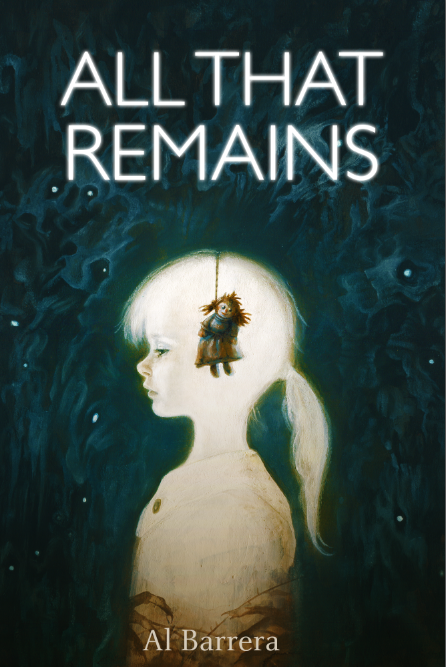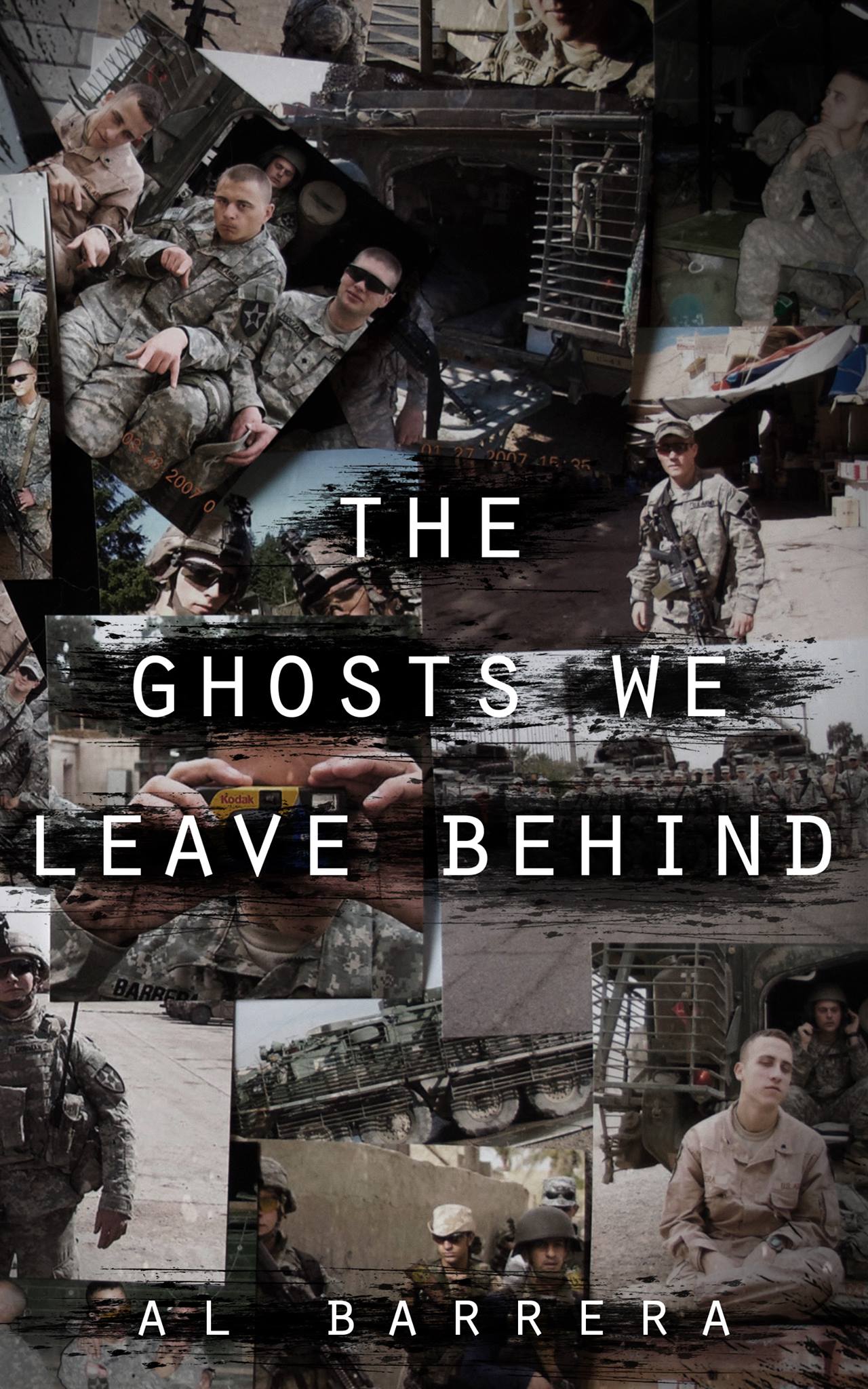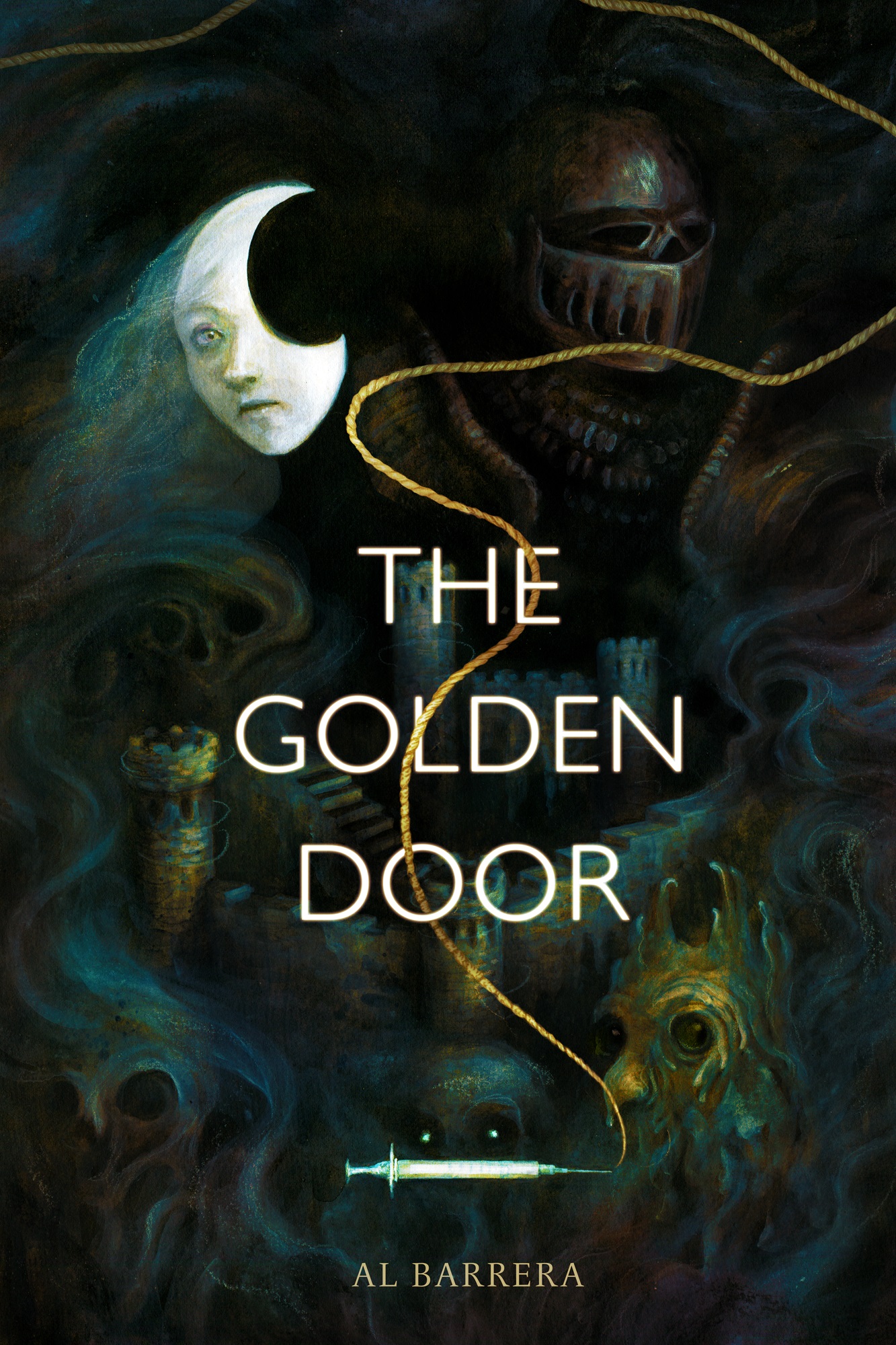I love my characters. Despite most of them having huge flaws, and several of them being downright bad people, they’re a lot of fun to work with. In fact, the flaws make them more likeable than they would be without. A story about a good guy only doing good things isn’t much of a story. Internal conflicts and defining traits make characters relatable. They are the unique things that set them apart and draw them for us. A gay priest for instance, will instantly stand out. How does his religion affect his desire? Is he ashamed of it? Does he act on it? There are so many questions tied up that basic concept that it’s almost a story in and of itself.
Showing who a character is and shoving a readers face into it by telling are two very different things. Over explaining characters is a mistake I see a lot, even in more experienced authors. The gay priest becomes a good example of this. Just telling a reader he’s gay does nothing. It’s clumsy. Actions speak louder than words, even the most subtle actions. (An action just being subtle tells us about a character) Him thinking about what it all means, and showing us how it affects his daily actions, will always be more interesting than just reminding us he’s gay. While books are of course all words, how we use the words is what I want to talk about today.
I’m not saying that flat out stating things about a character is useless, just that it should just be done sparingly, and never on it’s own. In my second book I have two characters who have been around since the world went to shit ten years before. Sara is the gay daughter of a very conservative religious family. Kyle is a black sociology professor. Neither of these things are described until they are relevant to the story, and even then, they aren’t flat out stated. Why? Because informing someone of who a character is based on sexual preference and skin color isn’t actually telling you anything at all. Moreover, I like the idea of playing with the readers assumptions. If you filled in Kyle as a white character, would you look at him a little differently once you knew he was black? Would it change the way you see his actions? (Spoilers: It shouldn’t) I see a lot of stories in which sexuality and race are the defining characteristic of a person, but truth is, that’s bullshit. Does it change how those characters see the world? Of course. Does it tell you anything about them? No.
The only time Kyle’s race is mentioned is in a flashback in which a colleague accuses him of getting a job because of it. It’s hinted a few times in narrative, but never stated otherwise. Sara’s sexuality is only mentioned when a character asks her if she’s romantically involved with Kyle. She never says she’s gay, only offhandedly comments that Kyle isn’t toting the right equipment. If the book was about life in the city, I might have done otherwise. If the story was an examination of race and/or sexuality, I would explore it deeper. It’s not. It’s the tale of a group after the world ended. Their sexual preferences and skin color are only as relevant to one another as other characters/readers make it. It changes the way they see, understand, and feel things compared to one another, but all of that is expressed through thought, action, and dialogue.
It’s the same with any character. Unless someone being a red head is relevant, I don’t see much of a point in bringing it up. Kvothe in The Kingkiller Trilogy gets comments about his red hair a lot, and therefore his red hair is relevant. It also serves to show us that he stands out in a setting where red hair is uncommon. It makes him memorable when he is one of two characters who has it. Someone being 5’9 in a story of people who are all roughly 5’9 adds nothing. Telling us they have blue eyes and never bringing it up again is pointless. There are better ways of painting a picture. I seldom fail to notice when a book describes a character and does nothing with it. It’s word fat that can be cut to make a leaner narrative. (Always a good thing)
If someone gets teased for their weight, that’s a better way of telling us they’re fat. If they feel ashamed when they eat, you’ve done more to describe them than you would by telling us their pant size. (Inversely, saying that your character doesn’t give a damn what people think and eats what they want does the same, but paints a more confident picture.) If people call your character too-tall, or you mention he has to duck to get into doorways, that’s fine. If men are constantly showering your heroine with attention, we’ll understand that she is attractive. In any case, writing around the physical description serves more of a purpose than barreling through it the vast majority of the time. It gets us into the world without intruding on the narrative.
It’s just as true for personality, if not more so. Telling us anything about a character is weak. When I see. “Sara blushed, shy as ever,” it reminds me of a profile on a dating site. I like walk’s on the beach, and good friends. I’m very shy! “Sara’s cheeks heated up as the man smiled at her,” does the same thing. A character quickly losing their temper is better than telling us they have a short temper. Watching an addict make excuse after excuse for his behavior– watching him alienate everyone who loves him– is always better than just saying, “Aaron had a problem.” Making a character stand out is essential, but that doesn’t give a writer free reign to beat us over the head with telling instead of showing. Telling is at the heart of most bad writing, and this is no different.
Rushing is part of the problem. If you want to hurry up and establish a character in order to get on with the plot, you’ve already fucked up. A character should be revealed through the story. A good tale is more about the journey than the destination. If that wasn’t the case you could just sum up Lord of the Rings as, “Two hobbits threw a ring in the mountain, proving that the little guy can overcome anything. Also, technology is evil.” We should come to understand the character’s world view and who they are by how they handle what’s going on around them. They are as much the story as the plot itself. (Oftentimes more)
You’ve also got to remember, readers aren’t dumb. If you drop clues, they’ll get it. You don’t have to explain everything to them. If you don’t tell us what a character looks like, we won’t think it’s a faceless monster.
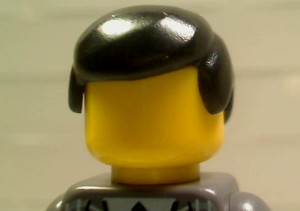
(Pictured: A non issue.)
If your hero relates to a black woman being harassed by cops because he’s been persecuted as a gay man, we’ll understand their struggle. If it doesn’t matter, you shouldn’t bring it up anyway. Show us who your characters are. We’ll pick up on it. Promise.
As always, keep writing.


